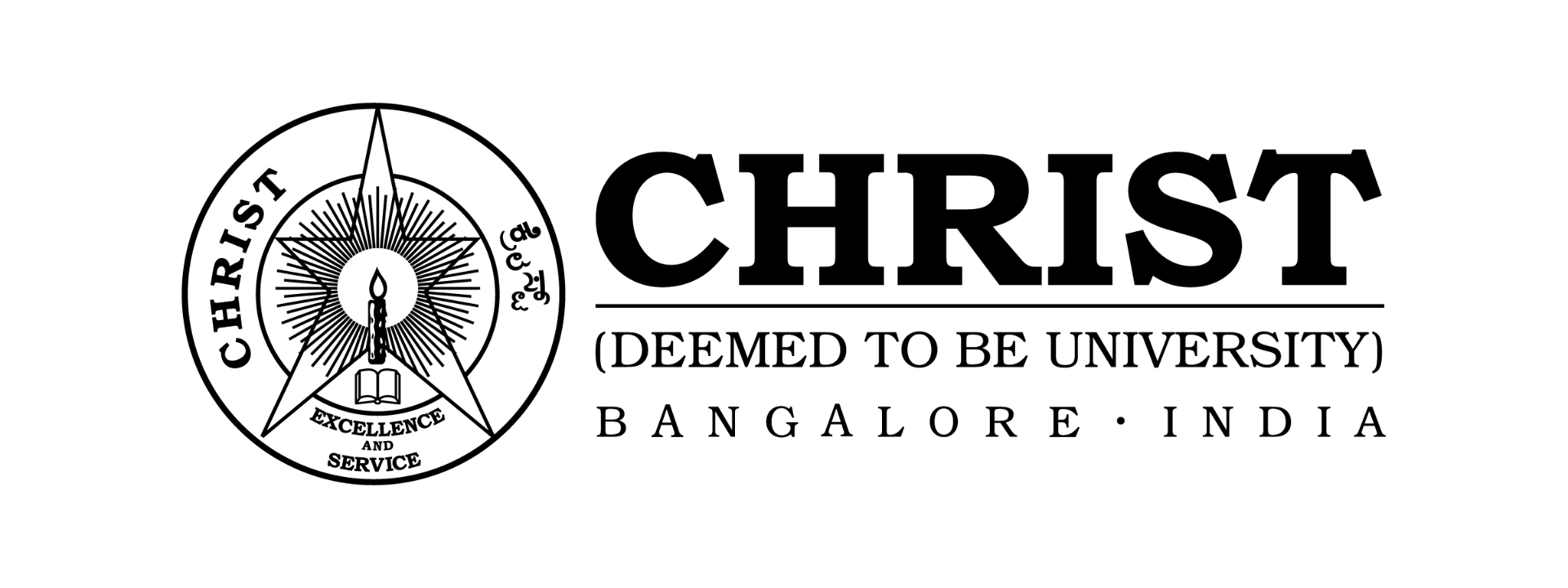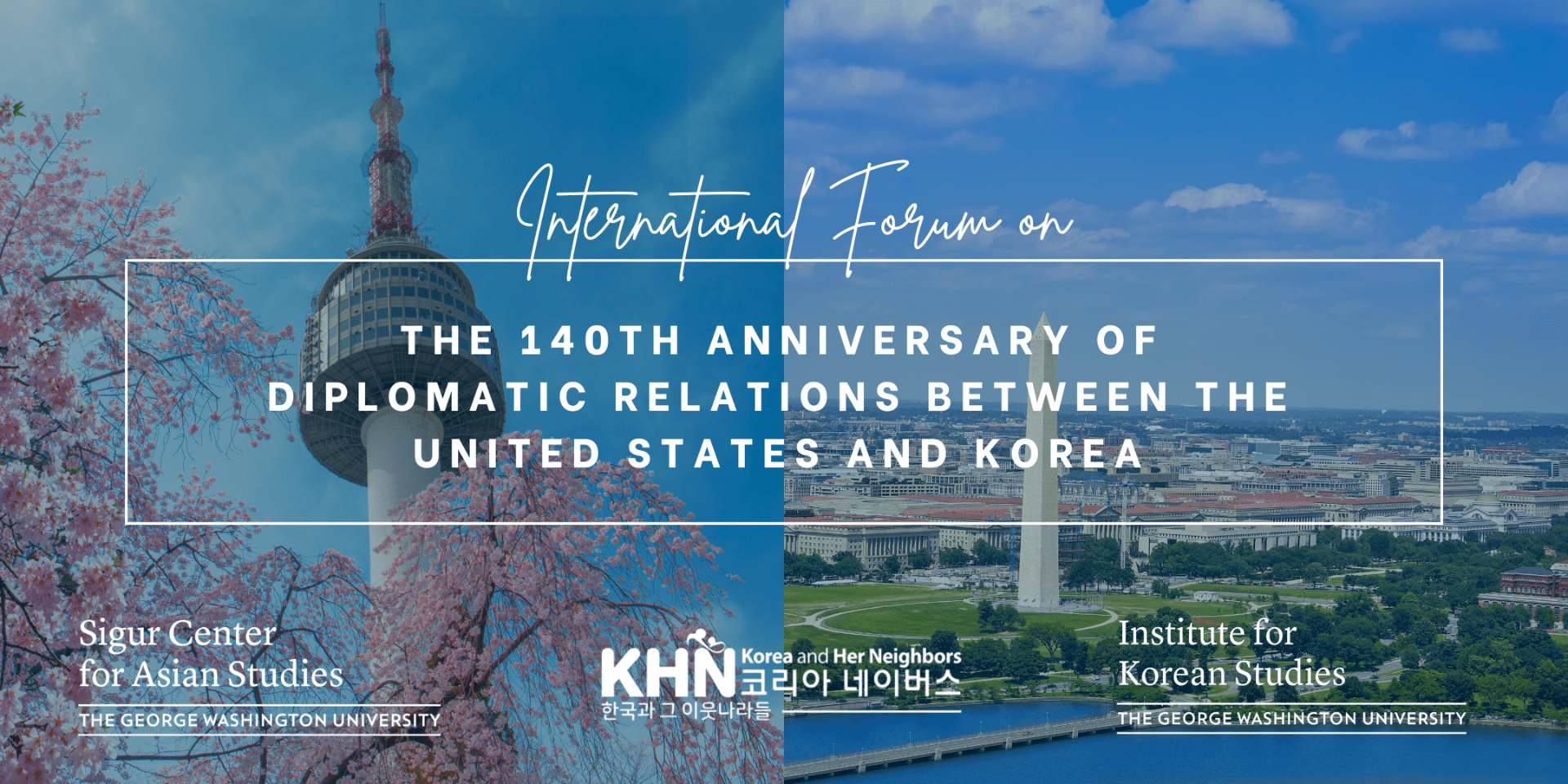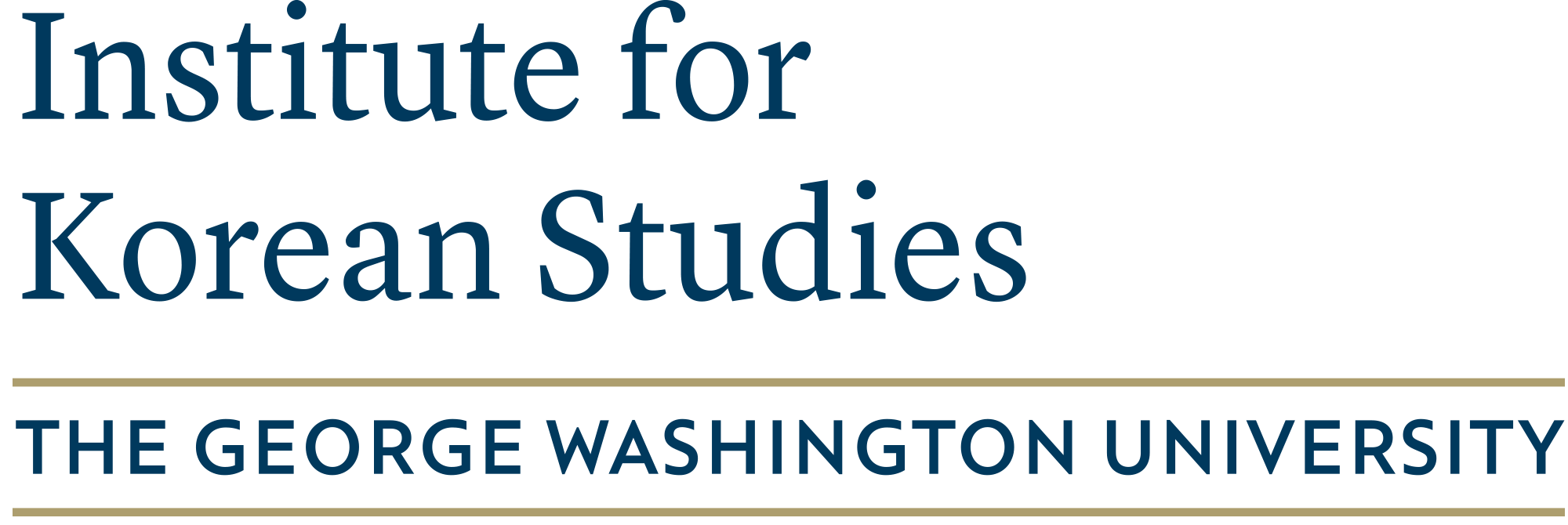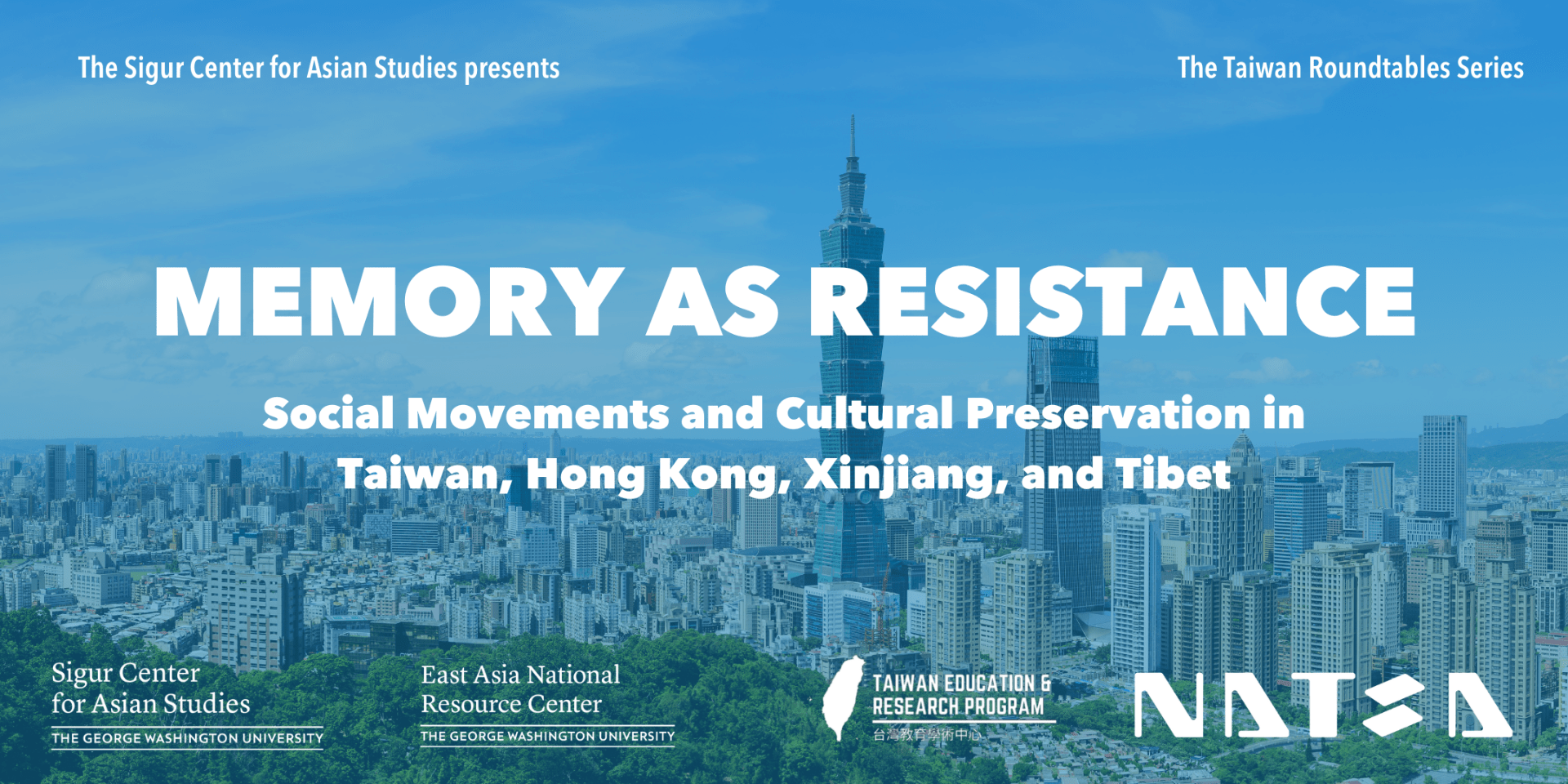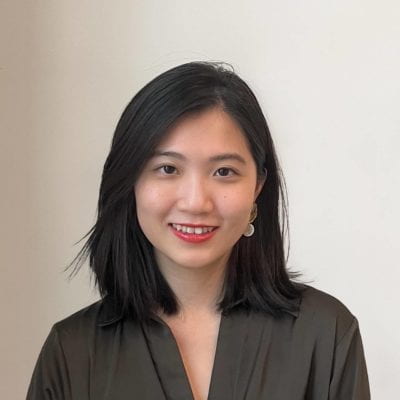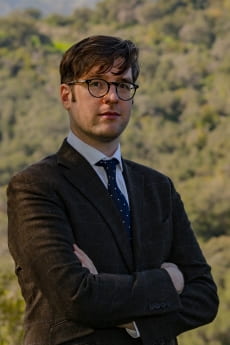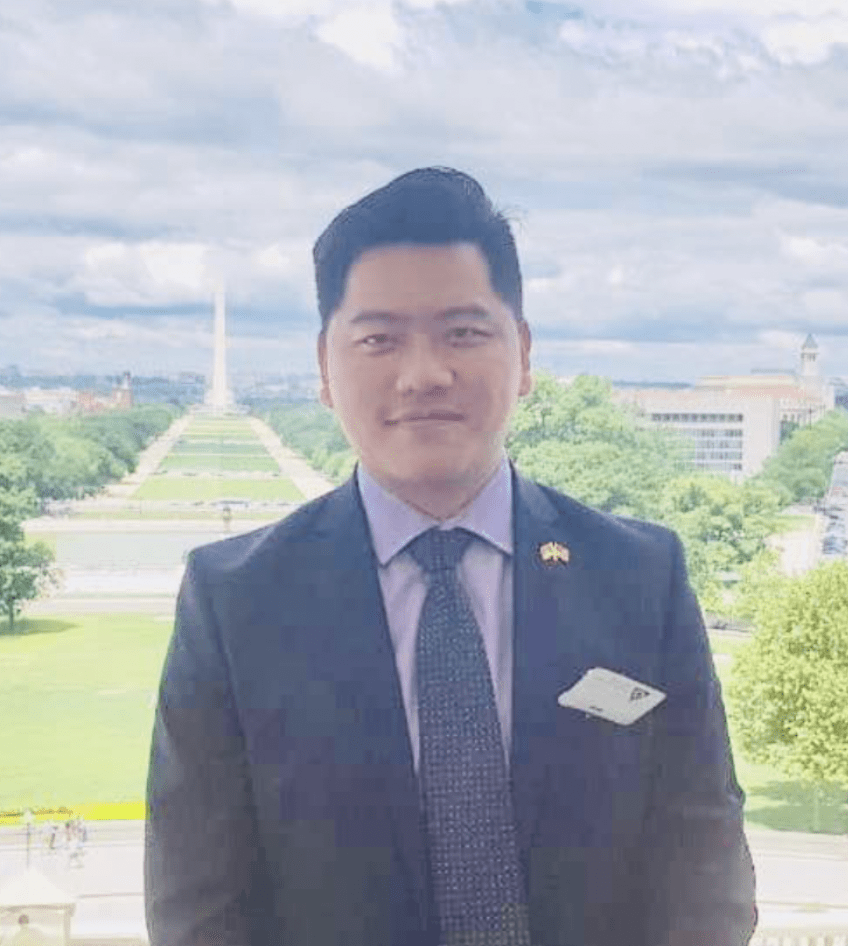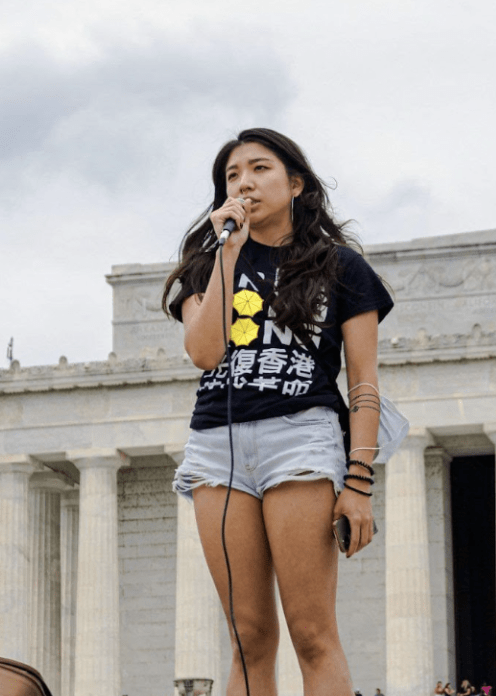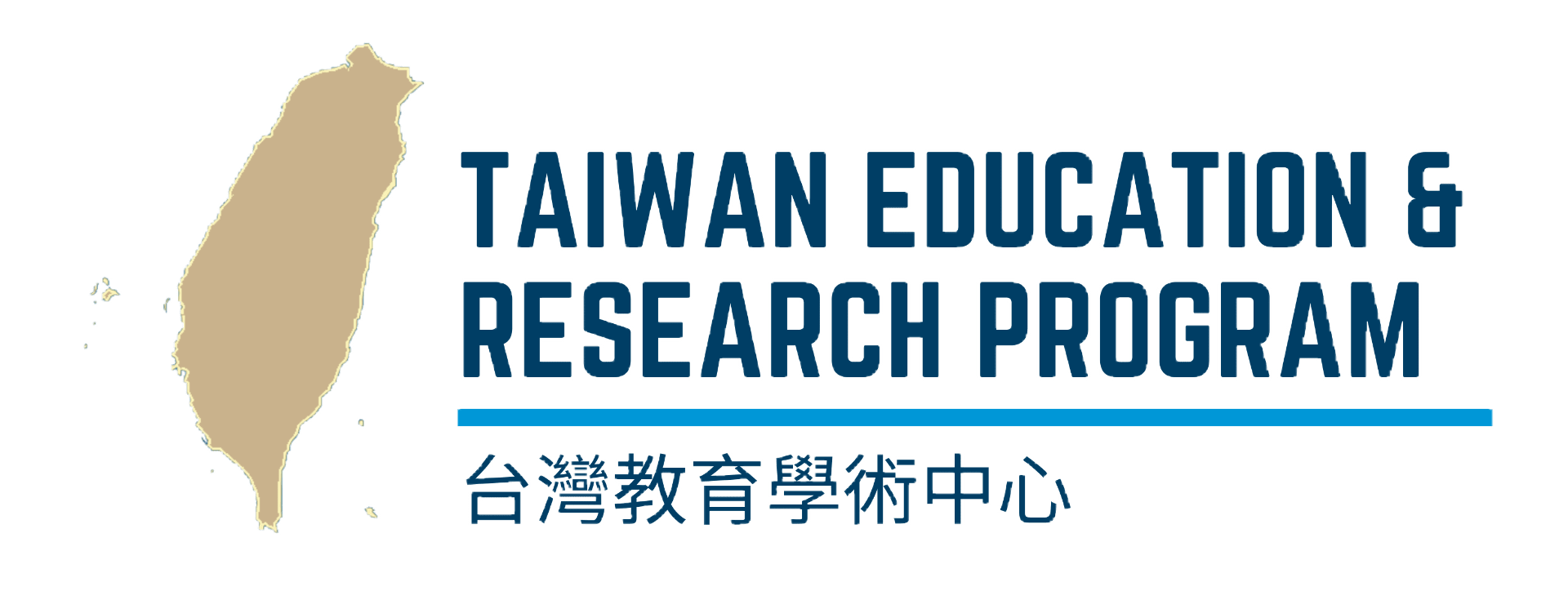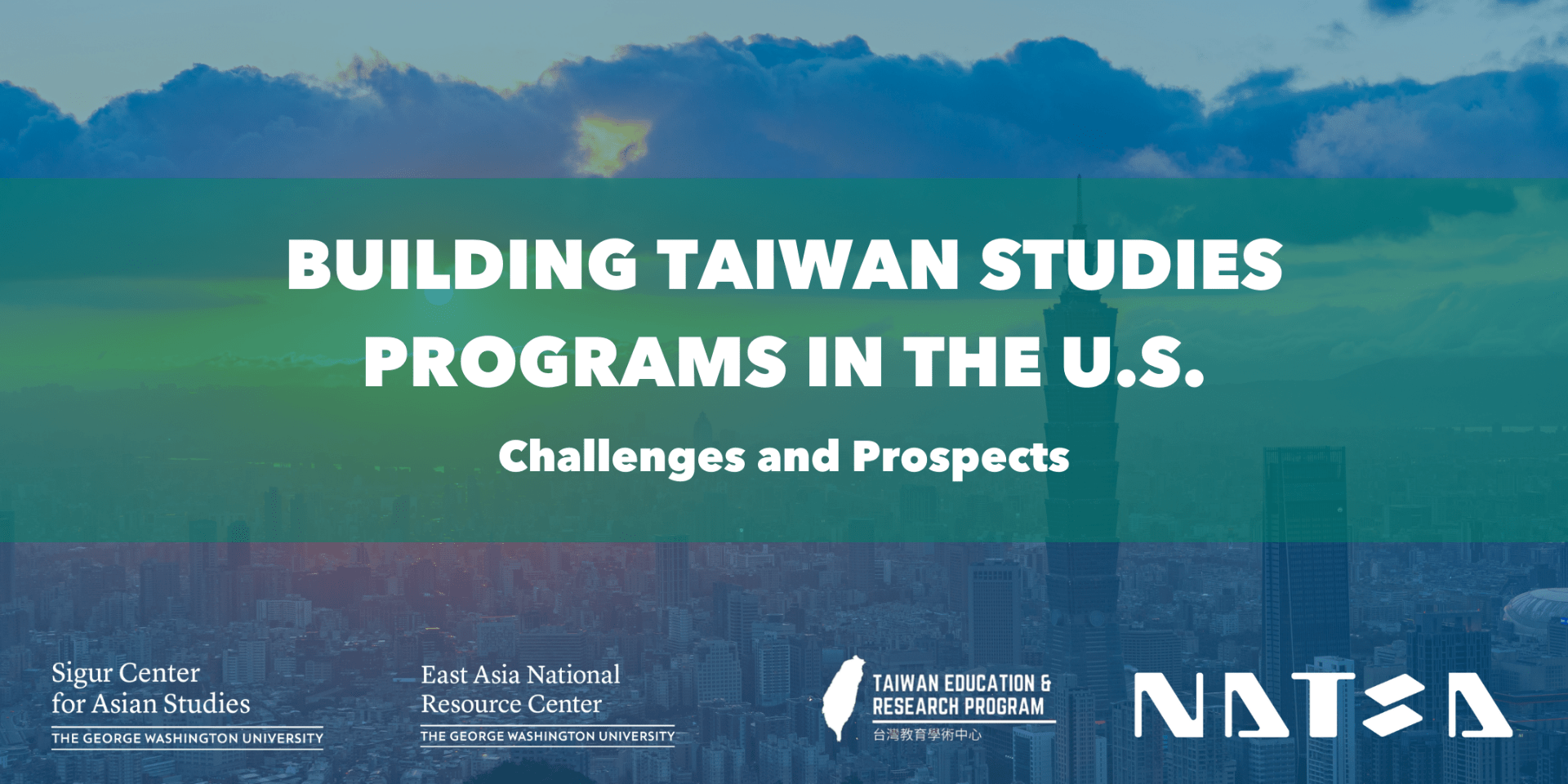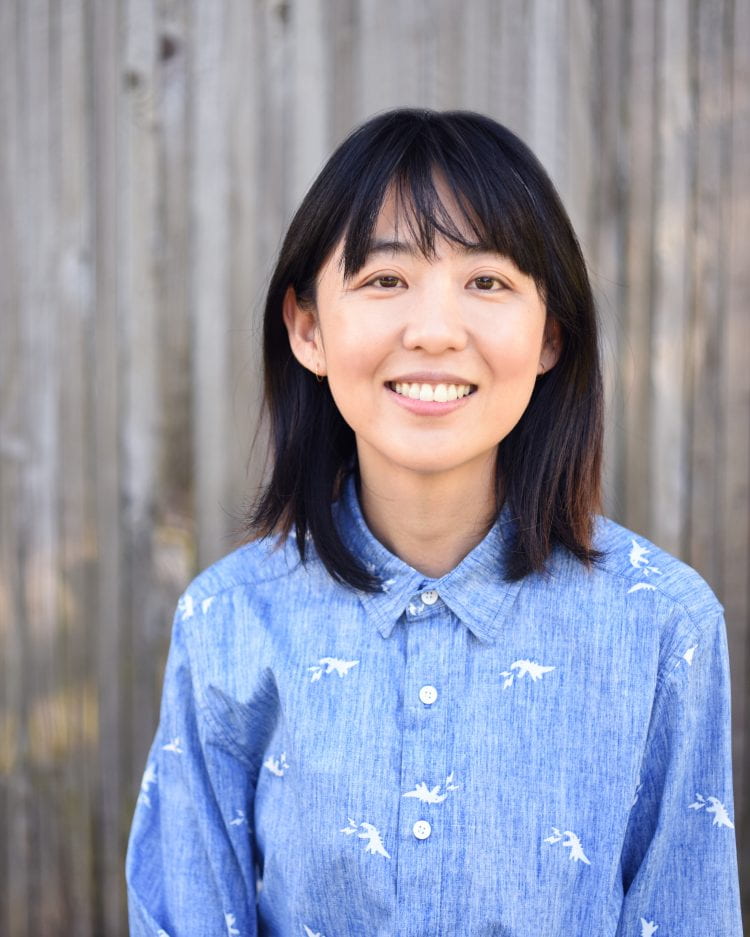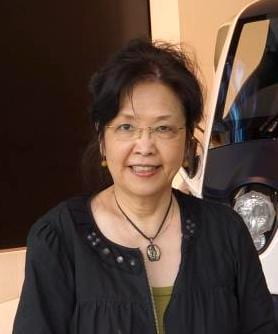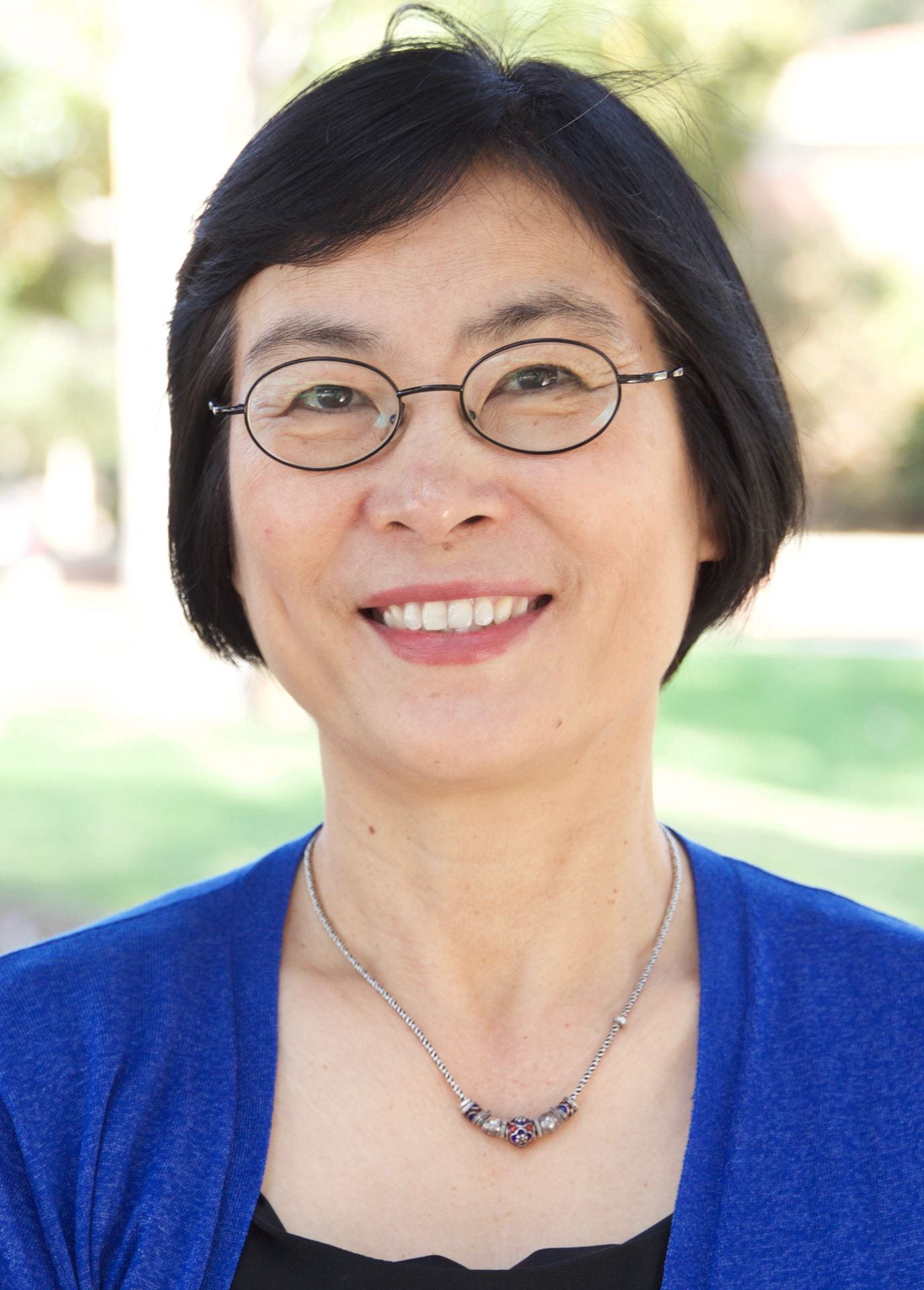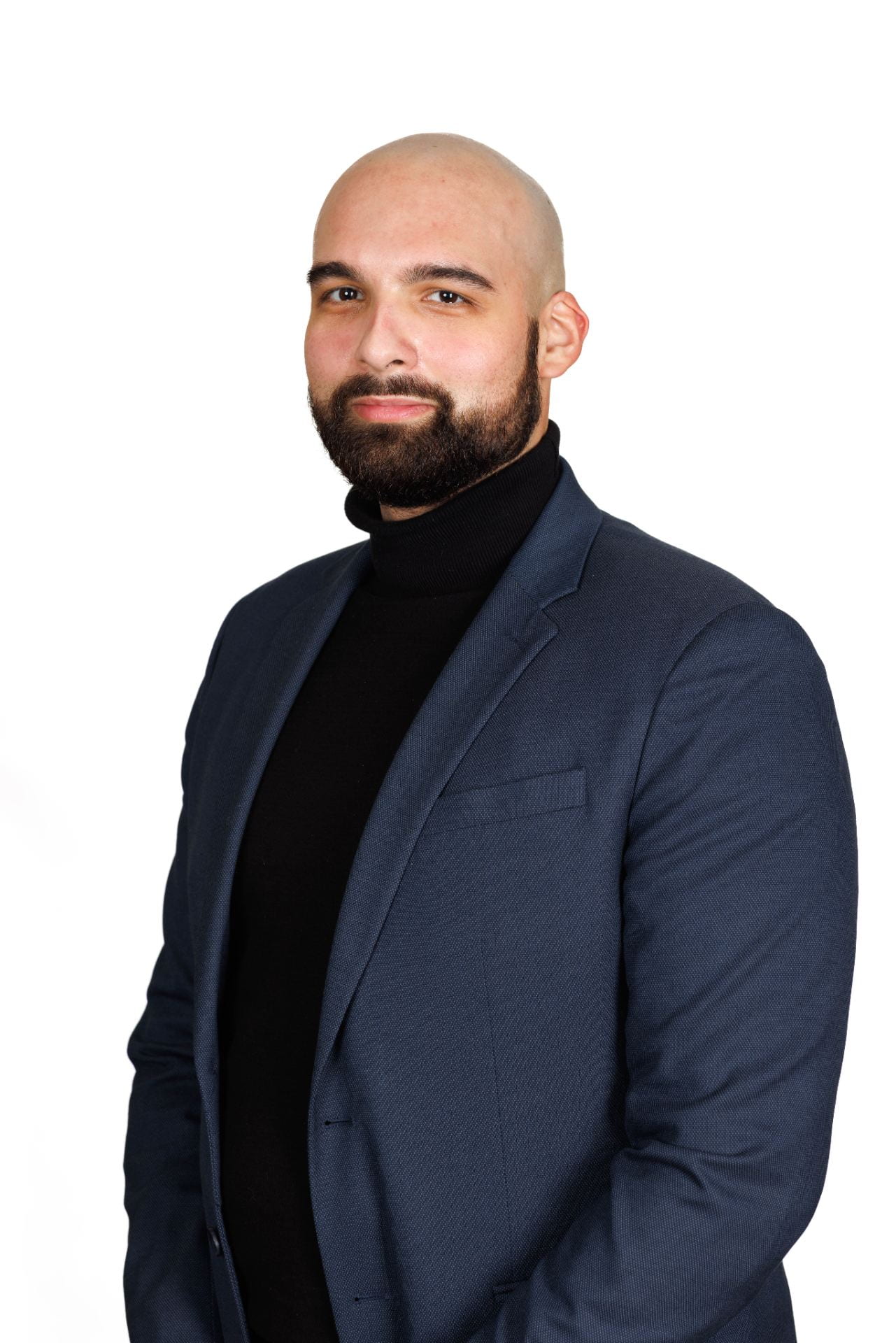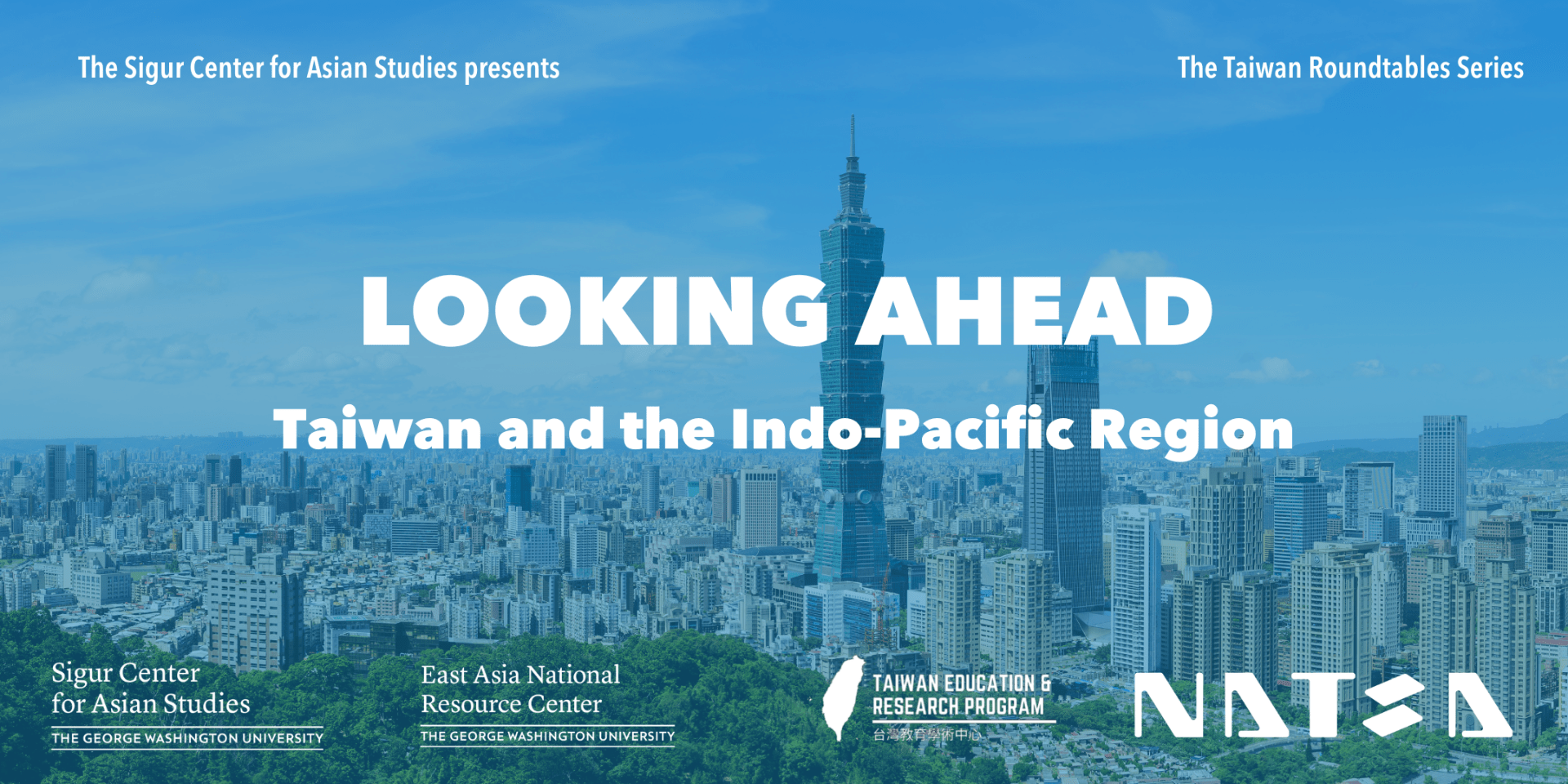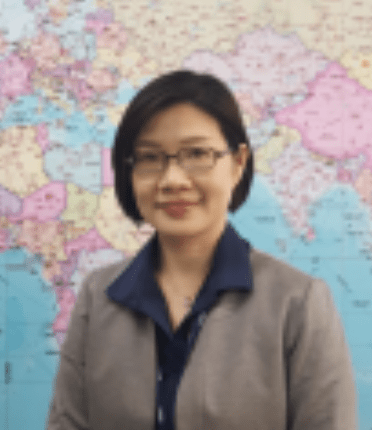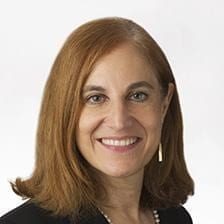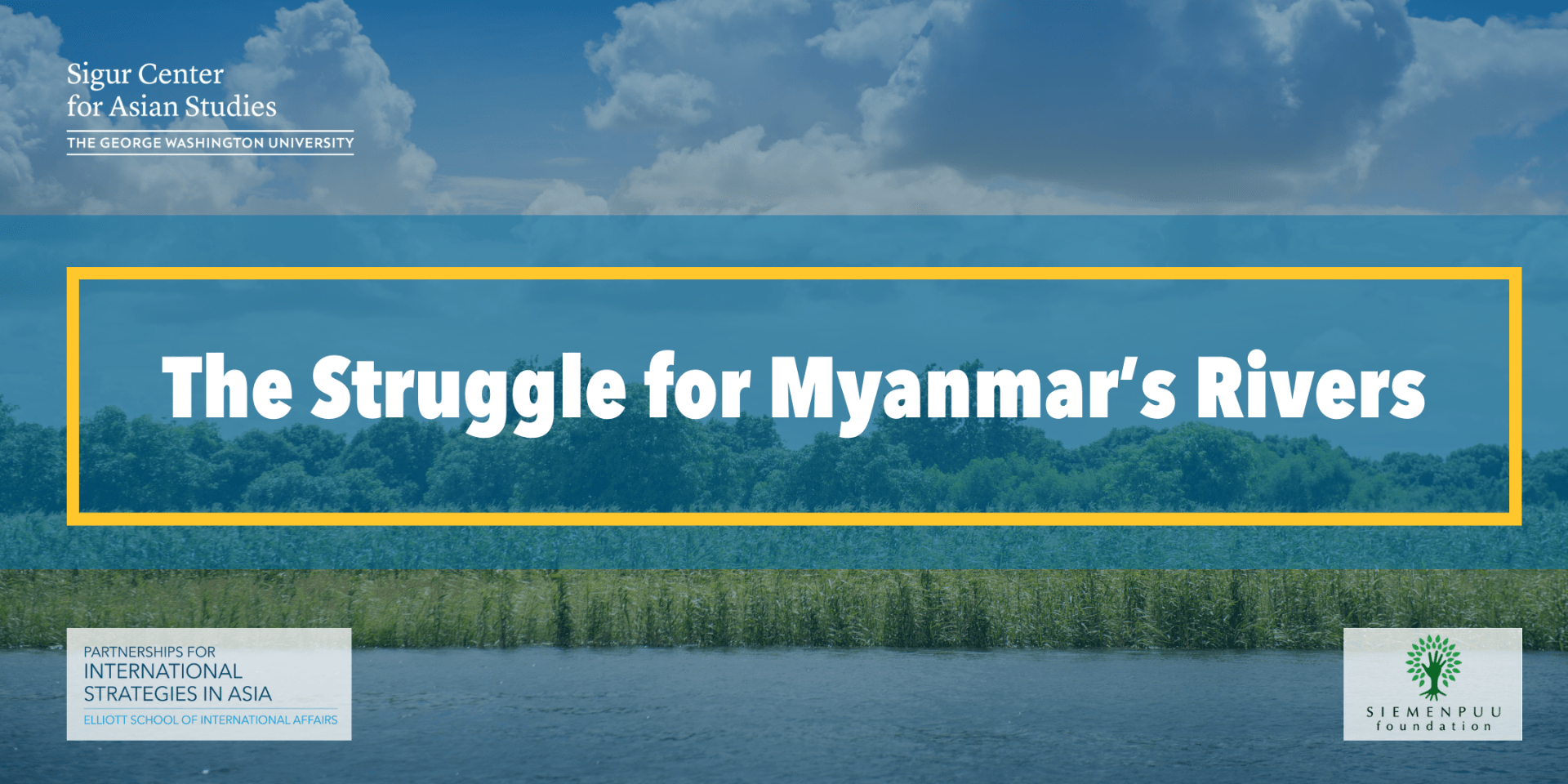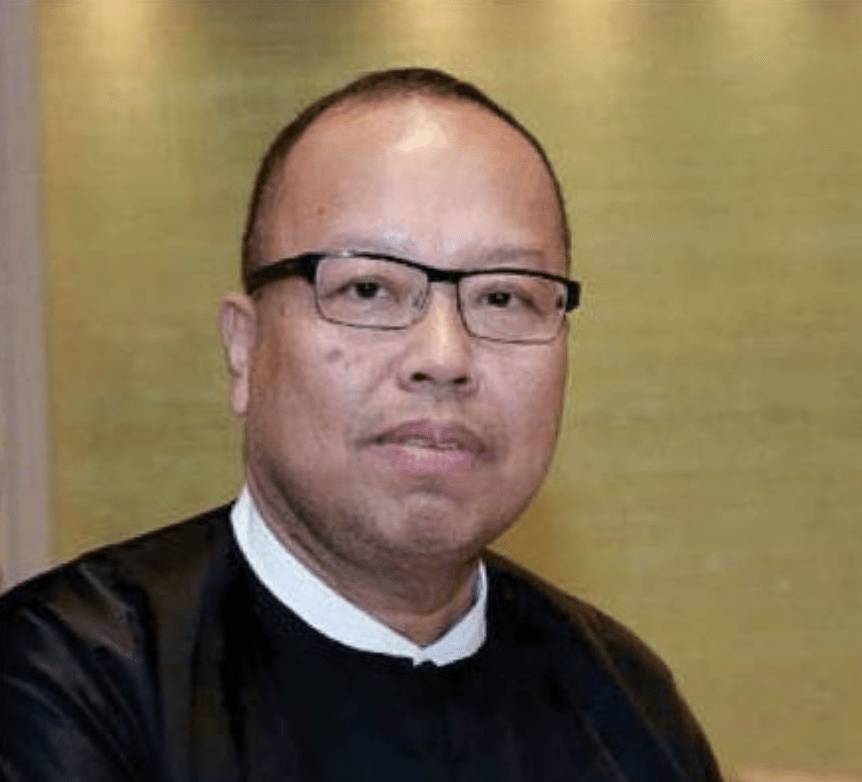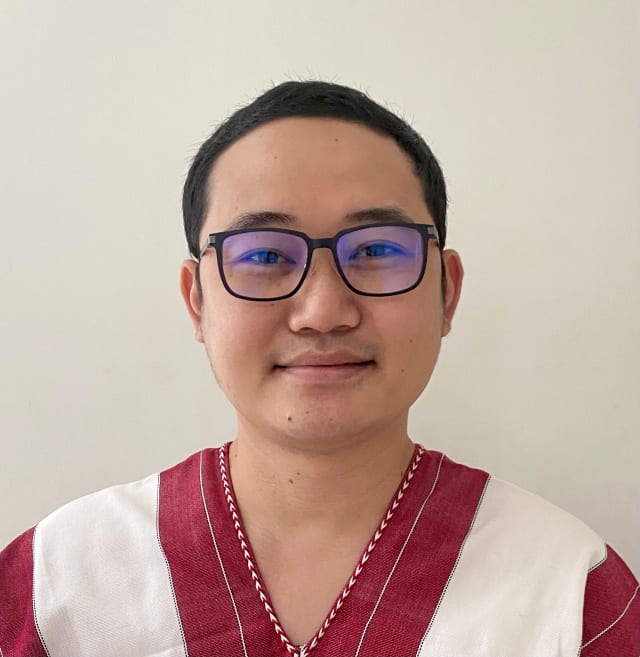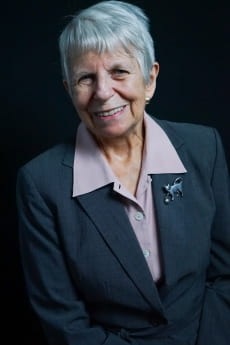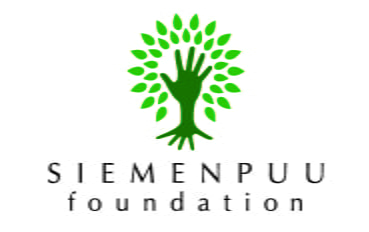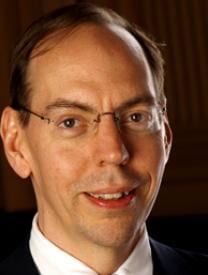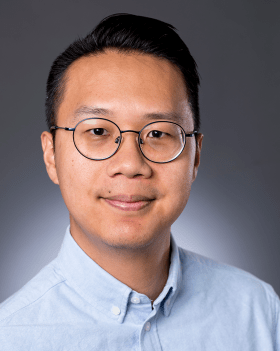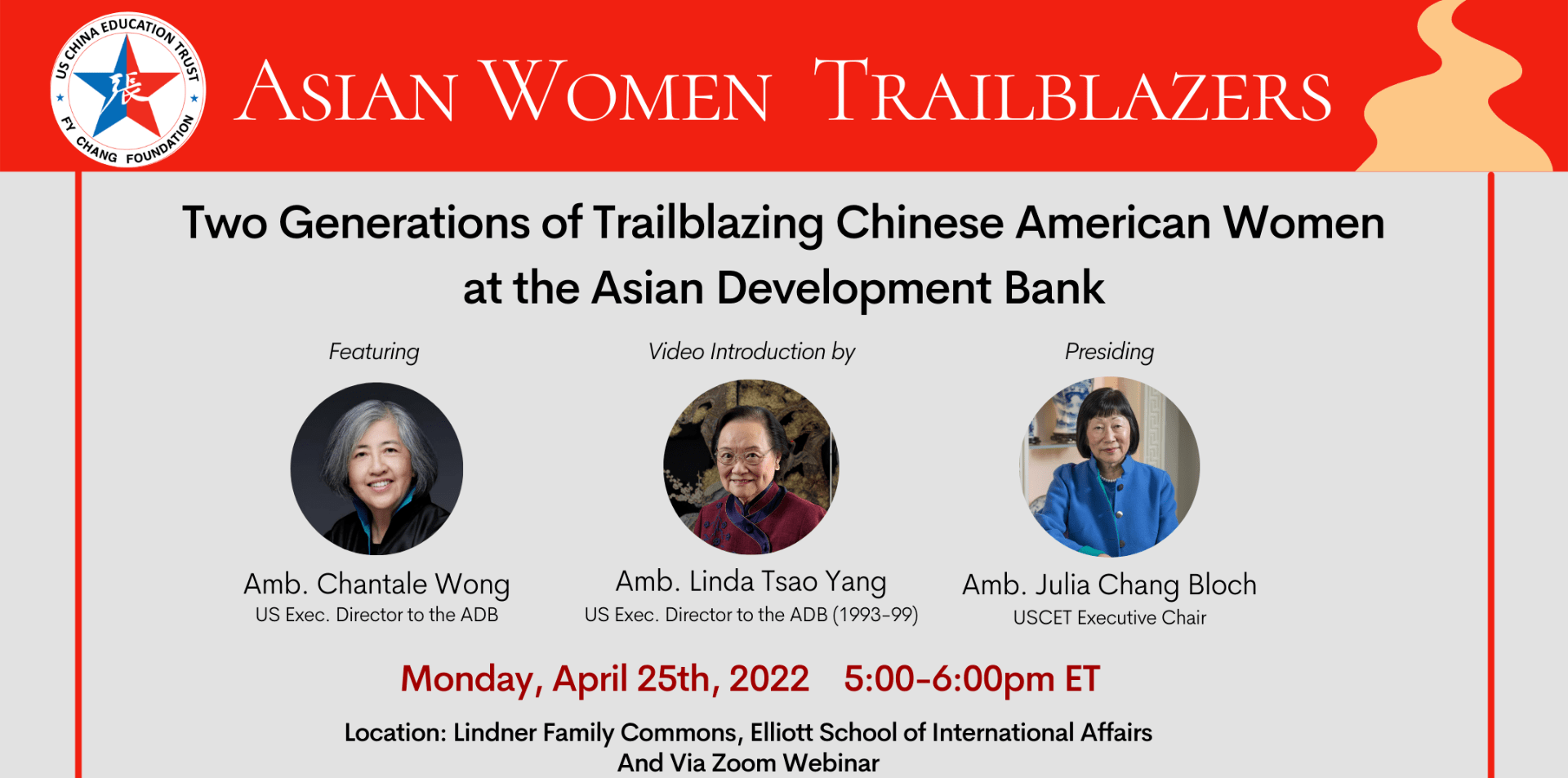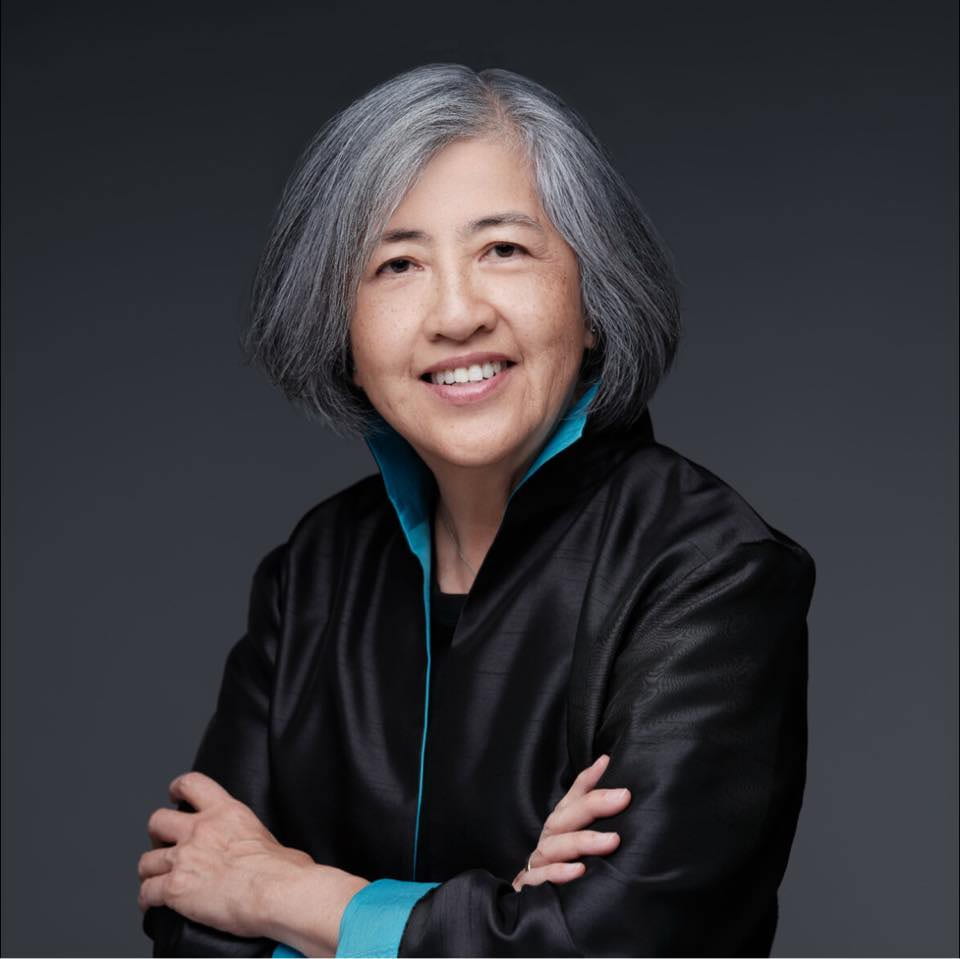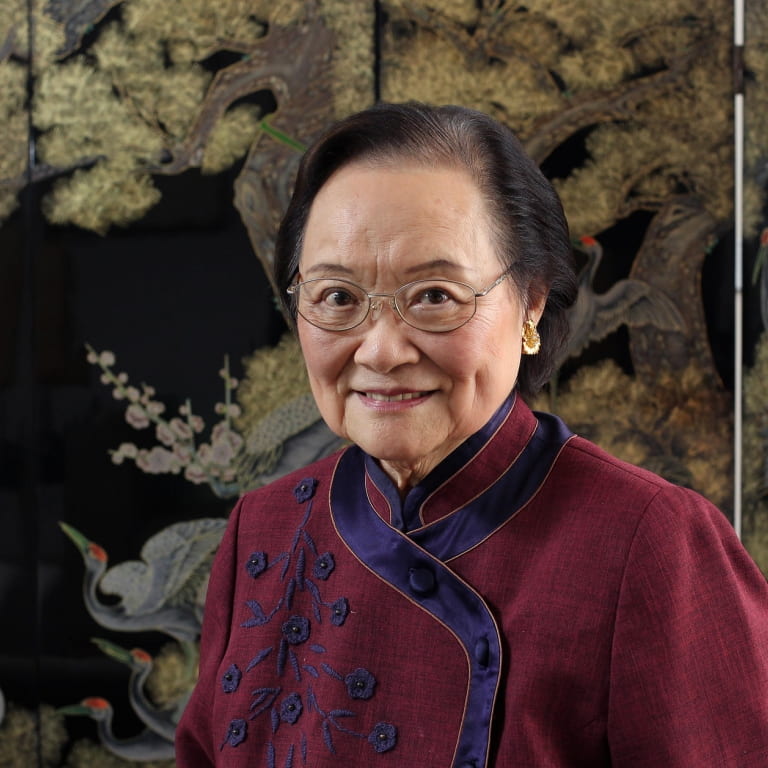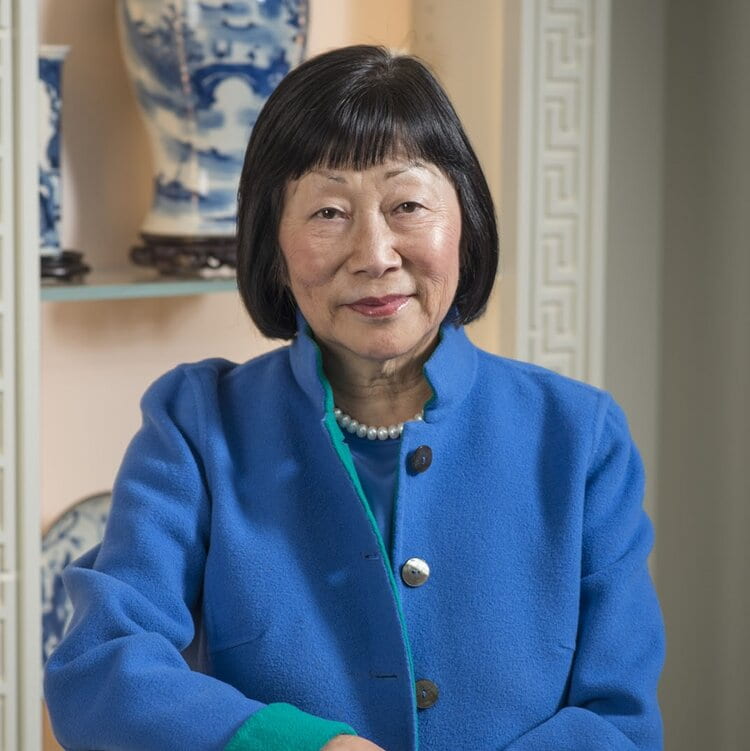Regional Architecture for Partnerships in the Indo-Pacific: The Role of the US & India in Security and the Commons
Hosted by the Department of International Studies, Political Science and History at CHRIST University, Co-sponsored by the Rising Powers Initiative, Sigur Center for Asian Studies, Elliott School of International Affairs at the George Washington University
Wednesday, August 17, 2022
6:30 – 8:00 PM IST | 9:00 – 10:30 AM EDT
Thursday, August 18, 2022
6:30 – 8:00 PM IST | 9:00 – 10:30 AM EDT
Webex Event
This two-day conference is being held in partnership with the George Washington University, the US Department of State, and CHRIST (Deemed to be University).
Conference Program
Day 1: Wednesday, August 17, 2022 | Regional Architecture for Security in the Indo-Pacific
6:30 – 6:45 PM IST | 9:00 – 9:15 AM EDT — Opening Remarks
Welcome: N. Manoharan, CHRIST (Deemed to be University)
Inaugural Address: Alyssa Ayres, Elliott School of International Affairs, George Washington University
Introduction: Deepa M. Ollapally, Rising Powers Initiative and Research Professor of International Affairs, Elliott School of International Affairs, George Washington University
6:45 – 7:30 PM IST | 9:15 – 10:00 AM EDT — Panel One
Jeff Smith, Heritage Foundation
Lisa Curtis, Center for New American Security (CNAS)
Adml (Retd.) Arun Prakash, Former Chief of Naval Staff, India
7:30 – 8:00 PM IST | 10:00 – 10:30 AM EDT — Open Discussion
Day 2: Thursday, August 18, 2022 | Regional Architecture for the Commons in the Indo-Pacific
6:30 – 6:35 PM IST | 9:00 – 9:05 AM EDT — Opening Remarks
Introduction: Deepa M. Ollapally, Rising Powers Initiative and Research Professor of International Affairs, Elliott School of International Affairs, George Washington University
6:35 – 7:20 PM IST | 9:05 – 9:50 AM EDT — Panel Two
Jason Donofrio, The Ocean Foundation
Cornell Overfield, Center for Naval Analyses (CNA)
Abhijit Singh, Observer Research Foundation (ORF)
7:20 – 7:50 PM IST | 9:50 – 10:20 AM EDT — Open Discussion
7:50 – 8:00 PM IST | 10:20 – 10:30 AM EDT — Closing Remarks
Valedictory Address: Joseph C.C., Department of International Studies, Political Science and History, CHRIST (Deemed to be University)
Conclusion: Deepa M. Ollapally, Rising Powers Initiative and Research Professor of International Affairs, Elliott School of International Affairs, George Washington University
Vote of Thanks: Madhumati Deshpande, CHRIST (Deemed to be University)
Speaker Bios
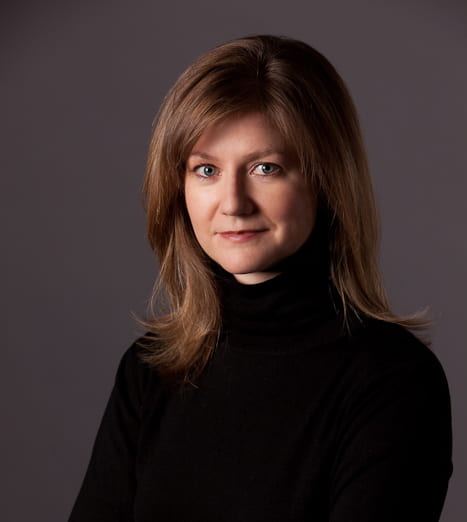
Alyssa Ayres was appointed dean of the Elliott School of International Affairs and professor of history and international affairs at George Washington University effective February 1, 2021. Ayres is a foreign policy practitioner and award-winning author with senior experience in the government, nonprofit, and private sectors. From 2013 to 2021, she was senior fellow for India, Pakistan, and South Asia at the Council on Foreign Relations (CFR), where she remains an adjunct senior fellow. Ayres has been awarded numerous fellowships and has received four group or individual Superior Honor Awards for her work at the State Department. She speaks Hindi and Urdu, and in the mid-1990s worked as an interpreter for the International Committee of the Red Cross. She received an AB from Harvard College and an MA and PhD from the University of Chicago. She is a life member of the Council on Foreign Relations, a member of the Halifax International Security Forum’s agenda working group, and a member of the Women’s Foreign Policy Group board of directors.
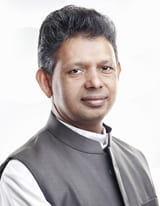
Dr. Fr. Joseph C. C. (@ChristBangalore) is Pro-Vice Chancellor and Professor, Department of International Studies and History, CHRIST (Deemed to be University). He is also Director of Student Affairs, at the University. A noted expert on maritime history, Fr. Jose is a member of both the Indian History Congress and South Indian History Congress. He has authored or co-authored four books and numerous peer-reviewed articles on wide-ranging issues and presented papers at both national and international conferences. He recently edited a book, Revisiting a Treasure Trove: Perspectives on the Collection at St Kuriakose Elias Chavara Archives and Research Centre. One of his latest publications is “Organization Culture and Work Values of Global Firms: Merging Eastern and Western Perspectives.”
His areas of interest are Maritime Studies, Organizational Culture and Work Values.
Apart from history, Dr. Fr. Jose is well versed in theology and philosophy. He is a passionate teacher and an able administrator.
He holds a PhD in History from Pondicherry University, India.
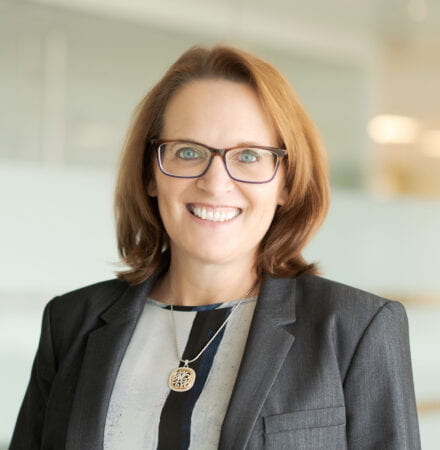
Lisa Curtis is a Senior Fellow and Director of the Indo-Pacific Security Program at CNAS. She is a foreign policy and national security expert with over 20 years of service in the U.S. government, including at the National Security Council (NSC), CIA, State Department, and Capitol Hill. Her work has centered on U.S. policy toward the Indo-Pacific and South Asia, with a particular focus on U.S.-India strategic relations; Quad (United States, Australia, India, and Japan) cooperation; counterterrorism strategy in South and Central Asia; and China’s role in the region.
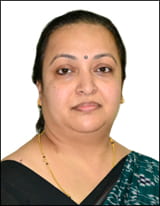
Madhumati Deshpande (@ChristBangalore) is the Department Coordinator and Assistant Professor in the Department of International Studies, Political Science and History, CHRIST (Deemed to be University), Bangalore.
Her areas of research interest include international relations and foreign policy analysis, Indian foreign policy, US foreign policy and political theory. Deshpande has previously been a graduate assistant and election observer in the Jimmy Carter Center in Atlanta, Georgia and observed elections in East Timor and Guyana. She also held the position of editor for Springer Reference works. She has published several articles in various peer reviewed journals and three book chapters.
She completed her Masters in Political Science from Karnataka University, Dharwad and holds a PhD from the School of International Studies, Jawaharlal Nehru University, New Delhi.
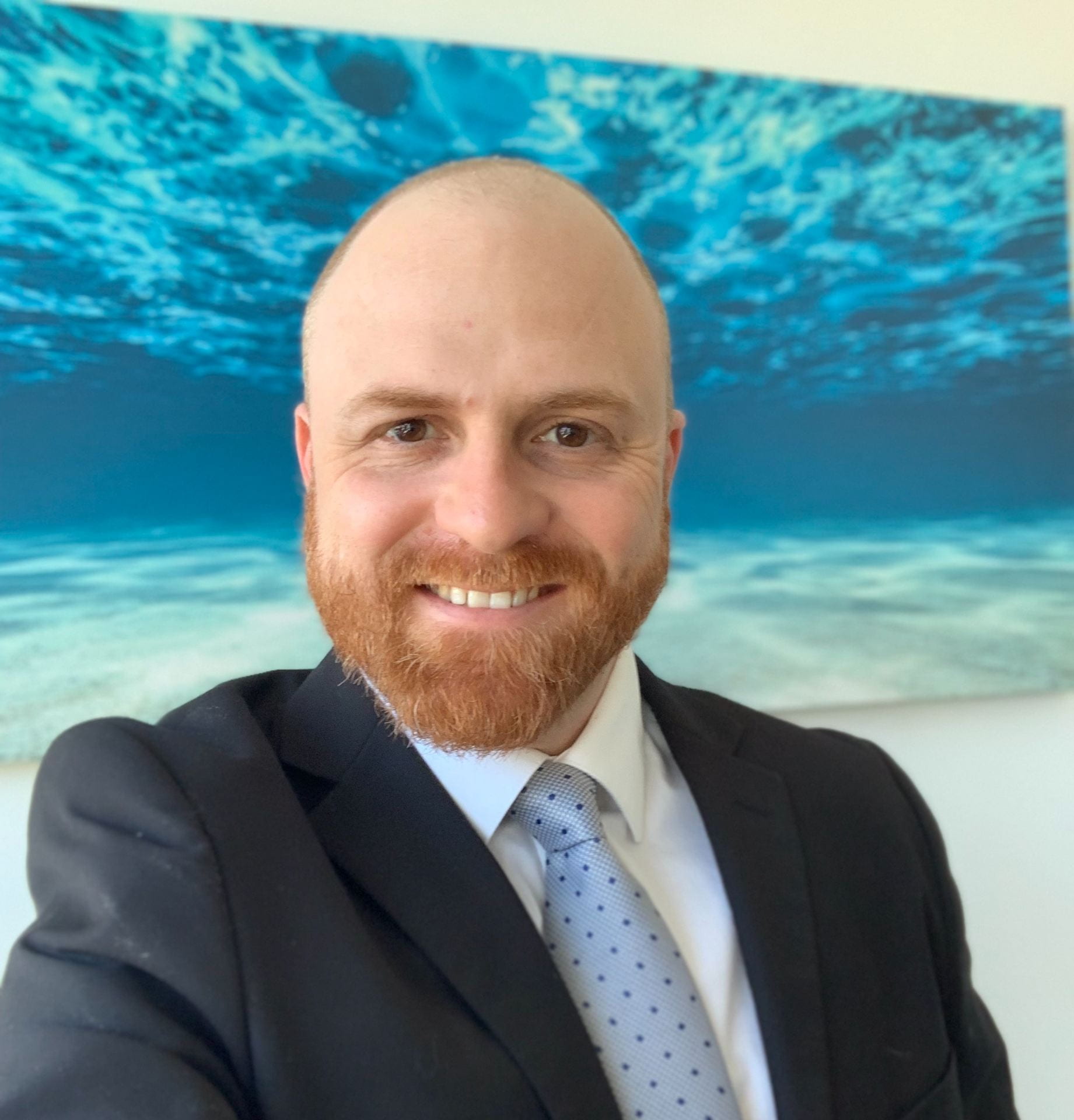
Jason Donofrio is the External Relations Officer at the Ocean Foundation. He is a Phoenix native with a decade of experience fundraising, organizing and coordinating public campaigns. After graduating college Jason went on to work for public advocacy and environmental organizations in Arizona, Maryland, Vermont and Colorado, leading teams as large as sixty on crucial campaigns affecting environmental conservation, civic engagement, consumer protection and higher education affordability. As a Director of various development departments, he has helped oversee multi-million dollar fundraising campaigns, develop and advocate public policy, and has experience cultivating donors to support organizational programs.
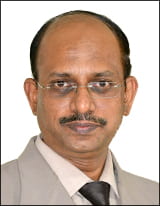
N. Manoharan (@ChristBangalore) is Director, Centre for East Asian Studies, CHRIST (Deemed to be University), Bengaluru. He earlier served at the National Security Council Secretariat (NSCS), Prime Minister’s Office, and Ministry of Defence, New Delhi. He was South Asia Visiting Fellow at the East-West Center Washington and is a recipient of Mahbub-ul Haq international award for research.
His areas of interest include internal security, terrorism, Sri Lanka, Maldives, human rights, ethnic conflicts, multiculturalism, security sector reforms and conflict resolution.
His main books include: Developing Democracies, Counter-terror Laws and Security: Lessons from India and Sri Lanka; ‘Security Deficit’: A Comprehensive Internal Security Strategy for India; India’s War on Terror; SAARC: Towards Greater Connectivity; Ethnic Violence and Human Rights in Sri Lanka. Manoharan’s forthcoming book is on Federal Aspects of Foreign Policy: The Role of Tamil Nadu Fishermen Issue in India-Sri Lanka Relations. He writes regularly for leading newspapers, websites and reputed peer-reviewed international journals.
Manoharan has a PhD from the School of International Studies, Jawaharlal Nehru University.
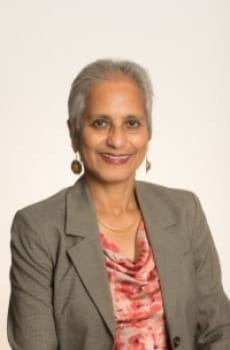
Deepa M. Ollapally (@DeepaOllapally) is Research Professor of International Affairs and the Associate Director of the Sigur Center for Asian Studies at the Elliott School of International Affairs, The George Washington University. She directs the Rising Powers Initiative which tracks foreign policy debates in major powers of Asia and Eurasia.
She is a specialist on Indian foreign policy, India-China relations, Indo-Pacific regional and maritime security, and comparative foreign policy outlooks of rising powers and the rise of nationalism in foreign policy. Ollapally is the author of five books including Worldviews of Aspiring Powers (Oxford, 2012). Her current research focuses on maritime and regional security in the Indo-Pacific and is writing a book on Big Power Competition for Influence in the Indo-Pacific. She has won grants from Carnegie Corporation, MacArthur Foundation, Smith Richardson Foundation, Rockefeller Foundation and Asia Foundation for work related to India and Asia.
Ollapally has held senior positions in the policy world including US Institute of Peace, and National Institute of Advanced Studies, Bangalore, India. She holds a Ph.D. in Political Science from Columbia University.
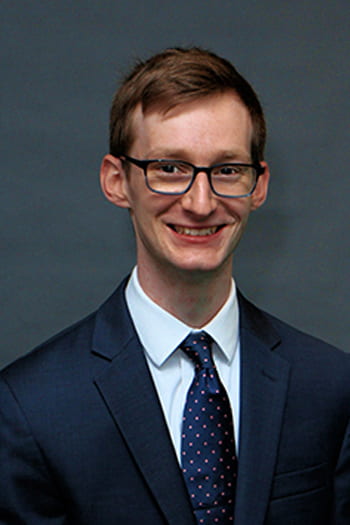
Cornell Overfield is Associate Research Analyst at the Center for Naval Analyses. He is an expert in transatlantic relations and international relations theory. At CNA, he has worked on projects covering Arctic security and economic activity, improved engagement with allies and partners, and data analytics. His work and writing on US national security strategy, Arctic affairs, and international maritime law have appeared in Foreign Policy, The Economist, Politico, Lawfare, and academic journals. Overfield has an MA in European and Russian studies from Yale and a BA in history and international relations from the University of Pennsylvania.
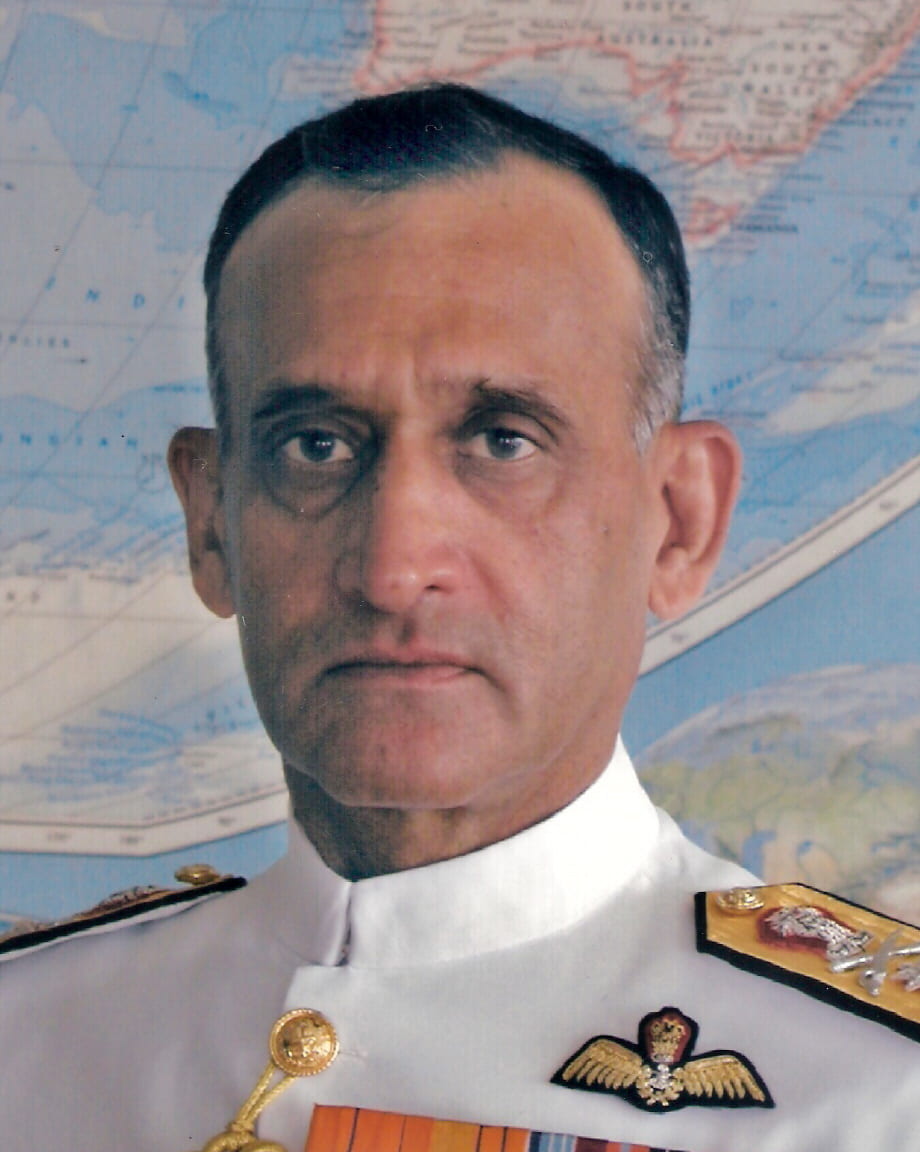
Admiral Arun Prakash, PVSM, AVSM, VrC, VSM is a former Flag Officer of the Indian Navy. He served as the Chief of the Naval Staff from 31 July 2004 to 31 October 2006 and as the Chairman of the Chiefs of Staff Committee from 31 January 2005 to 31 October 2006. He played an important role in developing a vision for India’s maritime strategy. He served on the 1999 Arun Singh Task Force as well as the Naresh Chandra Committee on national security reforms.
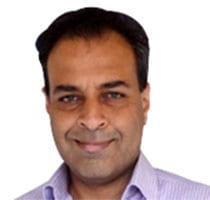
A former naval officer, Abhijit Singh, Senior Fellow, heads the Maritime Policy Initiative at ORF. A maritime professional with specialist and command experience in front-line Indian naval ships, he has been involved the writing of India’s maritime strategy (2007). He is a keen commentator on maritime matters and has written extensively on security and governance issues in the Indian Ocean and Pacific littorals. His articles and commentaries have been published in the National Bureau for Asian Research (NBR), the Lowy Interpreter, the World Politics Review, the Diplomat and CSIS Pacific Forum.

Jeff M. Smith is a research fellow in Heritage’s Asian Studies Center, focusing on South Asia.
He is the author/editor of “Asia’s Quest for Balance: China’s Rise and Balancing in the Indo-Pacific” (2018), and of “Cold Peace: China-India Rivalry in the 21st Century” (2014). He has contributed to multiple books on Asian Security issues, testified as an expert witness before multiple congressional committees, served in an advisory role for several presidential campaigns, and regularly briefs officials in the executive and legislative branches on matters of Asian security.
His writing on Asian security issues has appeared in Foreign Affairs, The Wall Street Journal, Foreign Policy, the Harvard International Review, Jane’s Intelligence Review, The National Interest, and The Diplomat, among others. In recent years his expert commentary has been featured by The Economist, The New York Times, FOX News, The Washington Times, Reuters, and the BBC, among others. Smith formerly served as the Director of Asian Security Programs at the American Foreign Policy Council.



